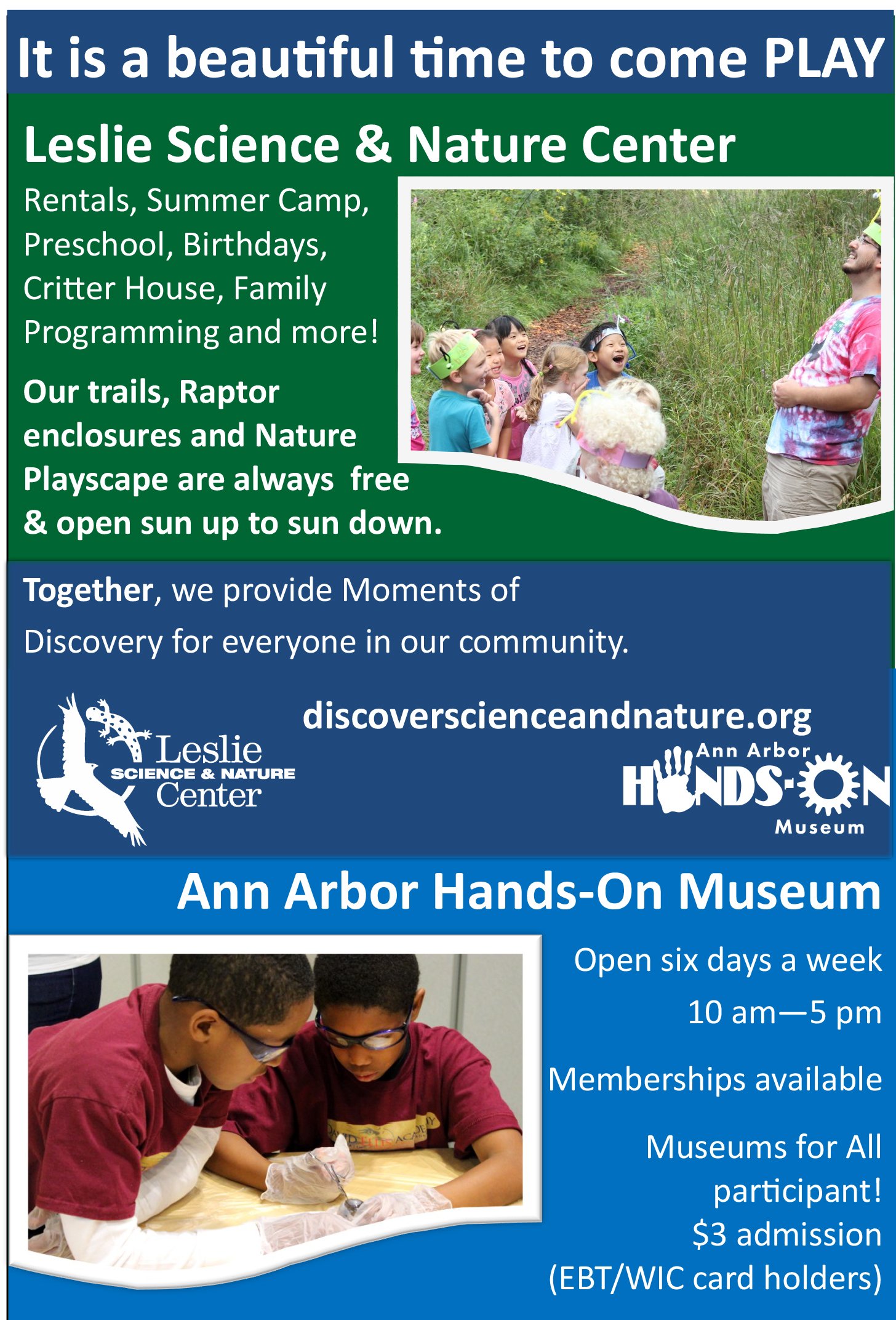By Emma Wymer
In the delicate journey of a baby’s life, music weaves a melody that resonates far beyond the nursery walls. The impact of music on a baby’s development encompasses cognitive, emotional, social, and physical domains. Incorporating music into a baby’s early experiences is not just a source of joy but a powerful catalyst for holistic development.
A Harmonious Prelude: Early Exposure to Sound
The journey of musical development begins in the womb where the rhythmic lull of a mother’s heartbeat sets the stage for a baby’s auditory experiences. Studies suggest that babies can hear sounds as early as 20 weeks gestation prompting caregivers to consider the impact of the auditory environment on the developing infant.
Beyond the womb, exposing infants to a variety of musical stimuli becomes a foundation for language development. The rhythm, melody, and cadence of music create a rich auditory landscape supporting a baby’s ability to distinguish between different sounds–a skill crucial for language acquisition. As caregivers sing lullabies, engage in musical play, or simply play soft melodies, they are laying the groundwork for the intricate dance between sound and language that will unfold in the coming months and years.
Cognitive Crescendo: Music as Neural Stimulation
The neurological benefits of musical exposure in early childhood are nothing short of remarkable. Music engages multiple areas of the brain fostering the growth of neural connections and enhancing cognitive abilities. Research indicates that musical experiences contribute to the development of the auditory cortex, which is responsible for processing sound, and the prefrontal cortex, associated with executive functions such as planning and problem-solving.
Moreover, exposure to music with patterns and repetitions aids in the development of memory and pattern recognition–fundamental cognitive skills that play a crucial role in various aspects of learning. The intricate interplay of musical elements primes the brain for the complexities of language, mathematics, and spatial reasoning providing a cognitive foundation that extends well into adulthood.
Emotional Resonance: A Melodic Path to Well-being
Emotions have a profound impact on learning, and music serves as a powerful conduit for emotional expression and regulation. Lullabies, with their gentle melodies and soothing tones, create a comforting cocoon for babies fostering a sense of security and well-being. Caregivers intuitively use music to communicate and connect with their infants establishing an emotional bond that transcends words.
As babies grow, the emotional landscape of music expands offering a diverse palette of feelings to explore. Happy, upbeat tunes can elicit smiles, laughter, and a sense of joy contributing to a positive emotional environment. Conversely, slower tempos and softer melodies provide a calming influence helping babies navigate the ups and downs of their emotional world.
Dance of Development: Motor Skills and Musical Movement
The rhythmic nature of music invites movement, and babies instinctively respond to the beat. Even before they can walk, infants sway, bounce, and move their limbs in response to musical stimuli. This spontaneous movement isn’t just an adorable display; it’s a fundamental building block for the development of motor skills.
As babies engage in these rhythmic movements, they enhance their coordination, balance, and spatial awareness. Musical play that involves simple instruments or interactive movements contributes to the refinement of both gross and fine motor skills. The dance of development set to the backdrop of music becomes a dynamic and engaging process that supports physical growth and coordination.
Social Symphony: Building Bonds Through Music
Music is a social experience, and introducing babies to musical activities creates opportunities for interaction and connection. Caregivers often find themselves naturally singing to their babies by clapping hands or engaging in musical games. These shared experiences strengthen the bond between parents, siblings, and the baby fostering a sense of security and trust.
Moreover, group musical activities, such as parent-child music classes or singing with siblings, expose babies to the dynamics of group interaction. These experiences lay the groundwork for social skills development teaching babies about turn-taking, cooperation, and shared enjoyment. The social symphony of music enhances the richness of a baby’s relational world promoting a sense of belonging and connection.
Melodic Diversity: A Gateway to Cultural Exploration
Music serves as a universal language that transcends borders and cultures. Introducing babies to a diverse array of musical genres and styles becomes a celebration of human expression and cultural diversity. From classical compositions to world music rhythms, each musical encounter offers a unique window into the rich tapestry of global cultures.
Early exposure to musical diversity fosters an appreciation for different rhythms, instruments, and tonalities. This not only broadens a baby’s auditory palette but also lays the foundation for a lifelong appreciation of music in all its forms. The melodic journey becomes a cultural exploration, nurturing open-mindedness and curiosity about the world beyond one’s immediate surroundings.
Practical Tips for Incorporating Music into a Baby’s Life
Understanding the importance of music in a baby’s development is just the beginning. Here are some practical tips for caregivers and parents looking to integrate music into their baby’s daily routine:integrate music into their baby’s daily routine:
1. Create a Musical Environment:
Play soft music during feeding or bedtime to create a calming atmosphere.
Use music as a background for playtime and interactive activities.
2. Sing and Dance Together:
Sing lullabies or simple songs to your baby regularly.
Engage in gentle dancing or swaying to the rhythm of the music.
3. Explore Different Instruments:
Introduce simple instruments, such as shakers or rattles, for tactile and
auditory stimulation.
Allow your baby to experiment with making sounds using safe, baby-
friendly instruments.
4. Attend Music Classes:
Consider joining parent-child music classes in your community.
These classes often provide structured musical activities and social
interaction opportunities.
5. Incorporate Music into Daily Routines:
Use musical cues for transitions such as signaling bedtime with a specific
lullaby.
Make up simple songs about daily activities to add a musical element to
routines.
6. Be Mindful of Preferences:
Pay attention to your baby’s reactions to different types of music.
Adjust the musical choices based on your baby’s preferences and comfort.
7. Encourage Creative Expression:
Provide opportunities for your baby to explore musical instruments and
make its own sounds.
Create a musical corner with safe, age-appropriate instruments for
independent exploration.
Emma Wymer
As we reflect on the symphony of a baby’s development, it becomes clear that music is not merely a pleasant addition to their world; it is an essential and transformative force. From the earliest moments in the womb to the dynamic interactions of daily life, music influences a baby’s cognitive, emotional, social, and physical growth. Caregivers, parents, and educators play a crucial role in curating a musical environment that nurtures the full spectrum of a baby’s potential.
In the rhythm of a lullaby, the beat of a shared dance, and the harmony of musical play, we find the keys to unlocking the vast potential within every child. So, let the music play on guiding the development that shapes the beautiful journey of growing up.
Emma Wymer is a board-certified music therapist with over six years of dedicated experience tending to the needs of newborns, children, parents, and individuals navigating the journey of childbirth within medical settings. Her expertise extends to specialized training in delivering secure music therapy services for premature infants undergoing care in the neonatal intensive care unit (NICU-MT), perinatal mental health (PMH-C), and facilitating music therapy during childbirth (MTACB). To learn more about Wymer visit her online at birthplacemusictherapy.com or email her at emma@birthplacemusictherapy.com. Wymer lives in Milan.






















































































































































































In the delicate journey of a baby’s life, music weaves a melody that resonates far beyond the nursery walls. The impact of music on a baby’s development encompasses cognitive, emotional, social, and physical domains. Incorporating music into a baby’s early experiences is not just a source of joy but a powerful catalyst for holistic development.